Blog
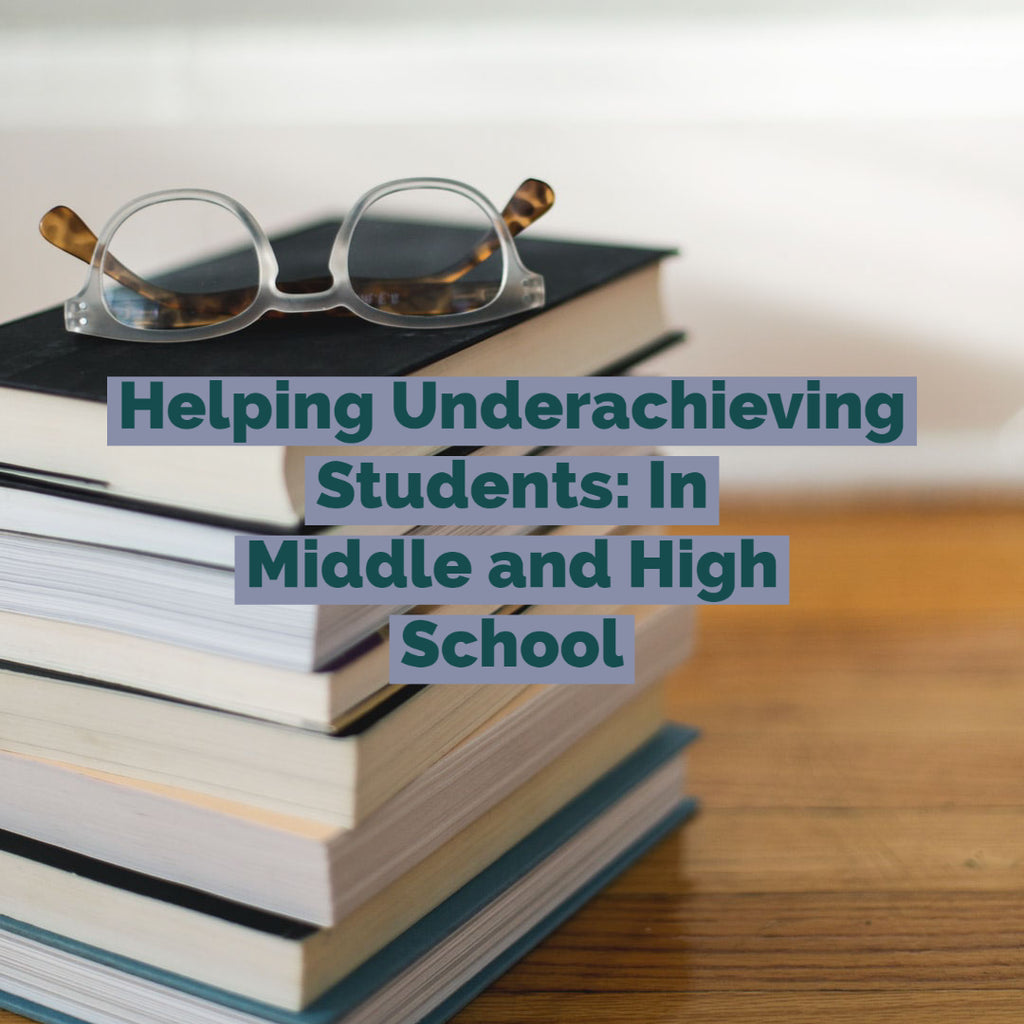
Helping Underachieving Students: In Middle and High School
Listen It can be so frustrating to have a student in class who you know can be doingmuch better than they actually are. It may be that the student started the yearstrong and something happened to them personally that made them start to slackoff. For some it could be caused...
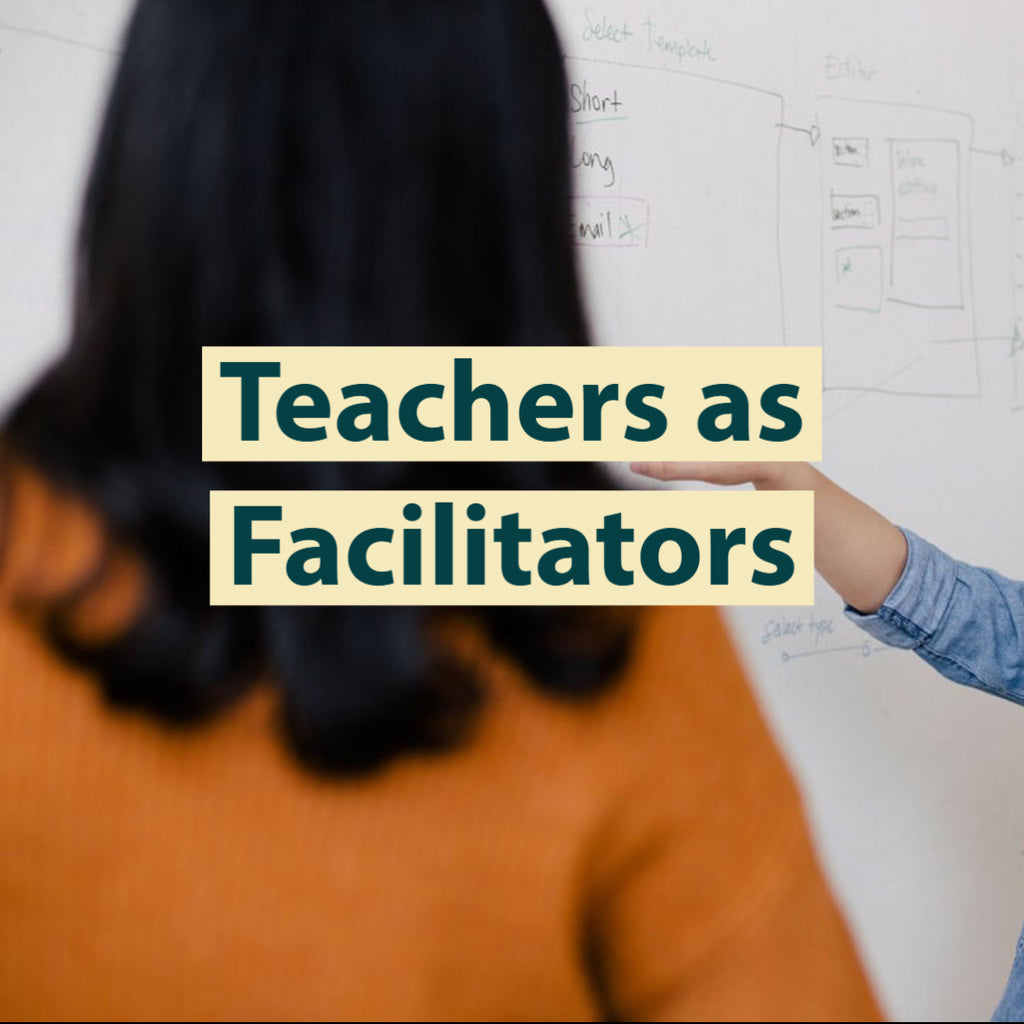
Teachers as Facilitators
Listen Recently in a conversation with colleagues, one of our writers overheard a seasoned educator say, “Children can’t learn on their own. It’s obvious! Otherwise, there would be no need for teachers.” And there was a time - fairly recently, even - when that was true. However, now any child...
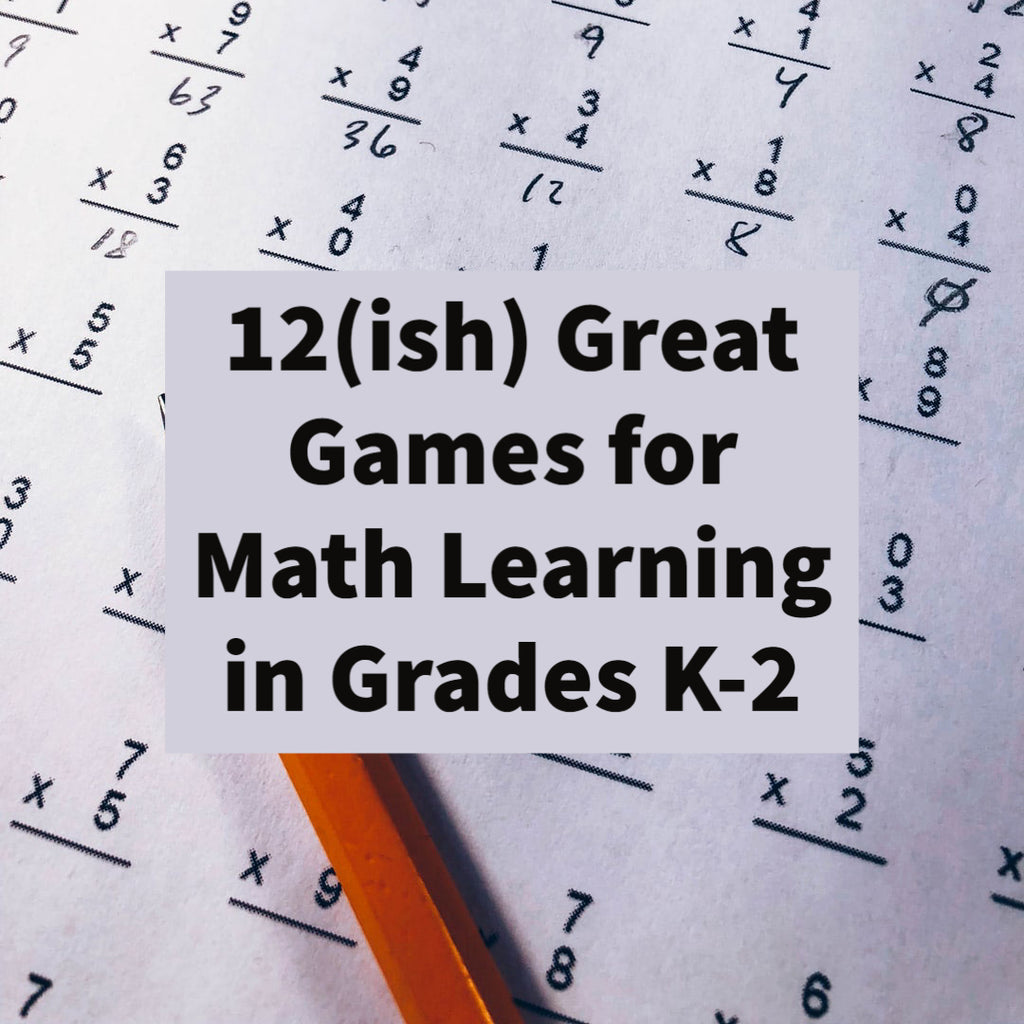
12(ish) Great Games for Math Learning in Grades K-2
Listen We love using games to reinforce learning skills! We went through our cabinets and lockers and pulled out some of our favorites for games that help kindergartners, first graders, and second graders with numeracy, addition, subtraction, and even money. So without further ado, here are a few of our...
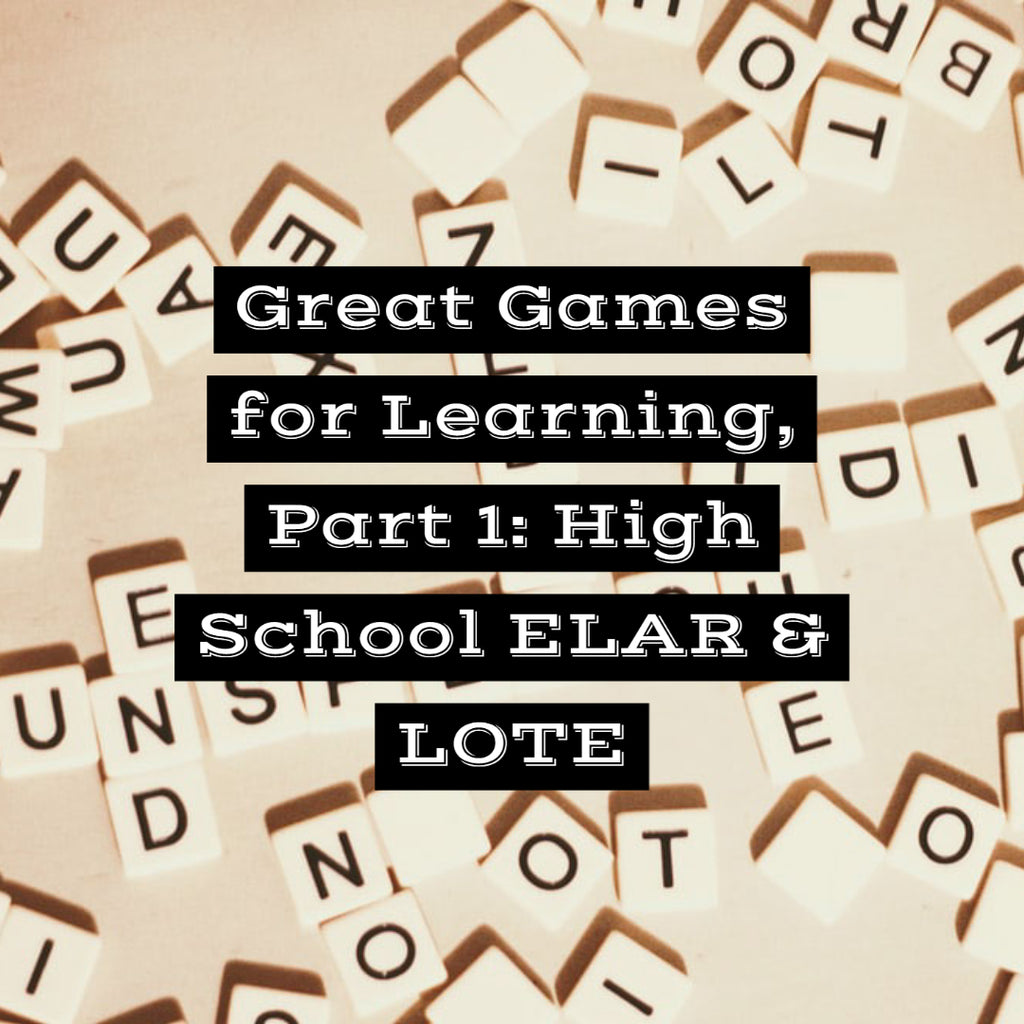
Great Games for Learning, Part 1: High School ELAR & LOTE
Listen Having fun is psychologically and neurologically beneficial to learning. When students and teachers play, the brain produces a concoction of “happy chemicals”, namely dopamine and endorphins. Oxygen levels even increase. When there is an opportunity for collaborative risk and reward, learning is far more likely. The novelty created by...
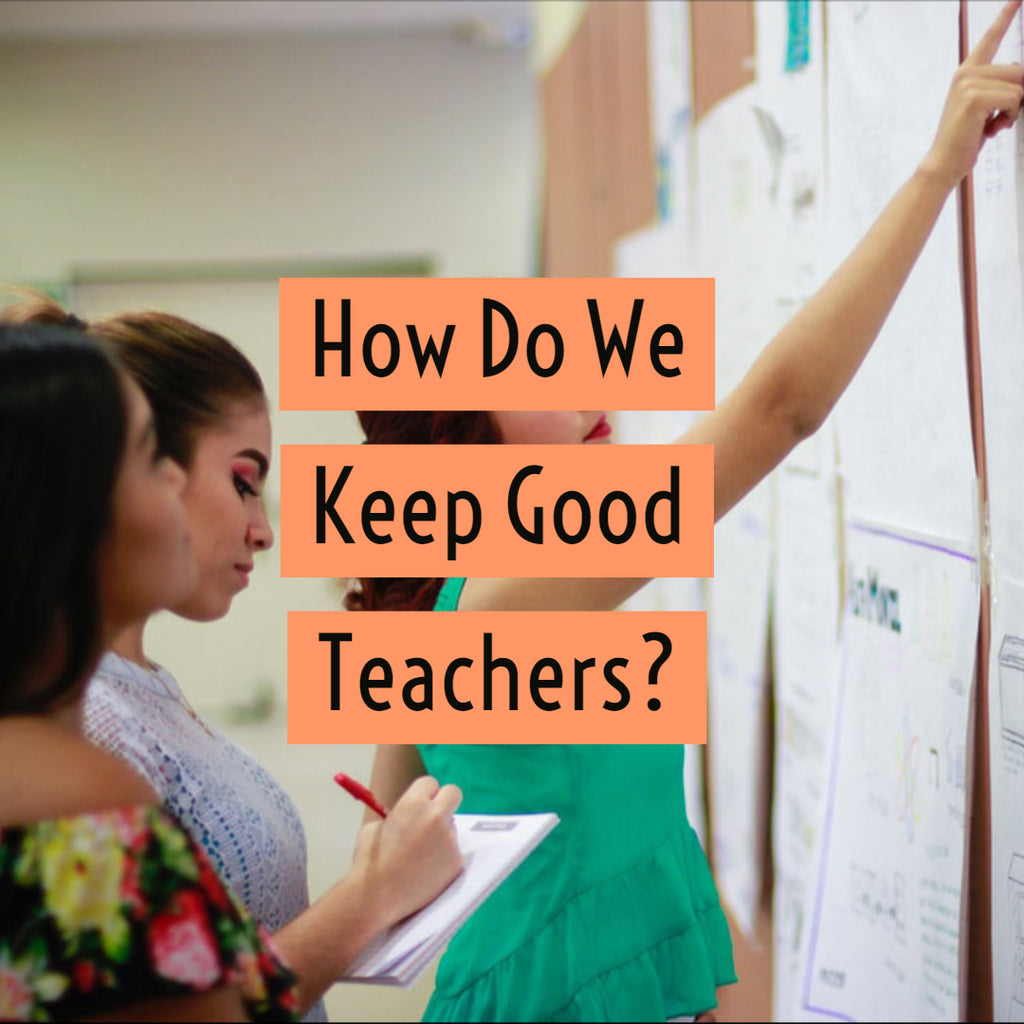
How Do We Keep Good Teachers?
Listen Teaching is a hard job, and we all know that it doesn’t pay in proportion to the amount of work that it requires. Sometimes the reality of what teaching really is compared to the image put forth in teacher education programs and movies is too much for teachers,...
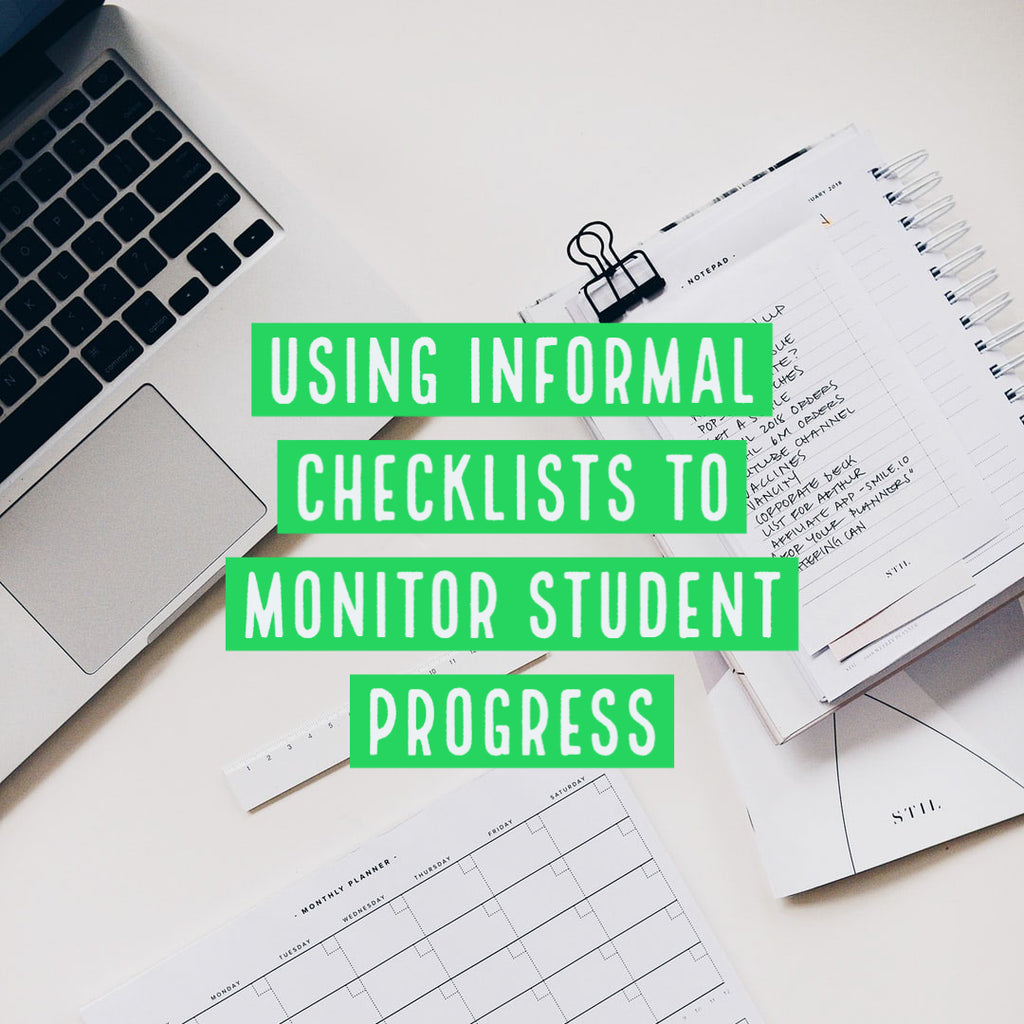
Using Informal Checklists to Monitor Student Progress
Listen Early Childhood educators are probably most likely to already be employing this strategy. They are responsible for teaching every standard in every subject to every child. They are then responsible for assessing whether that child shows progress, masters the concept, or does not show enough progress to move on...
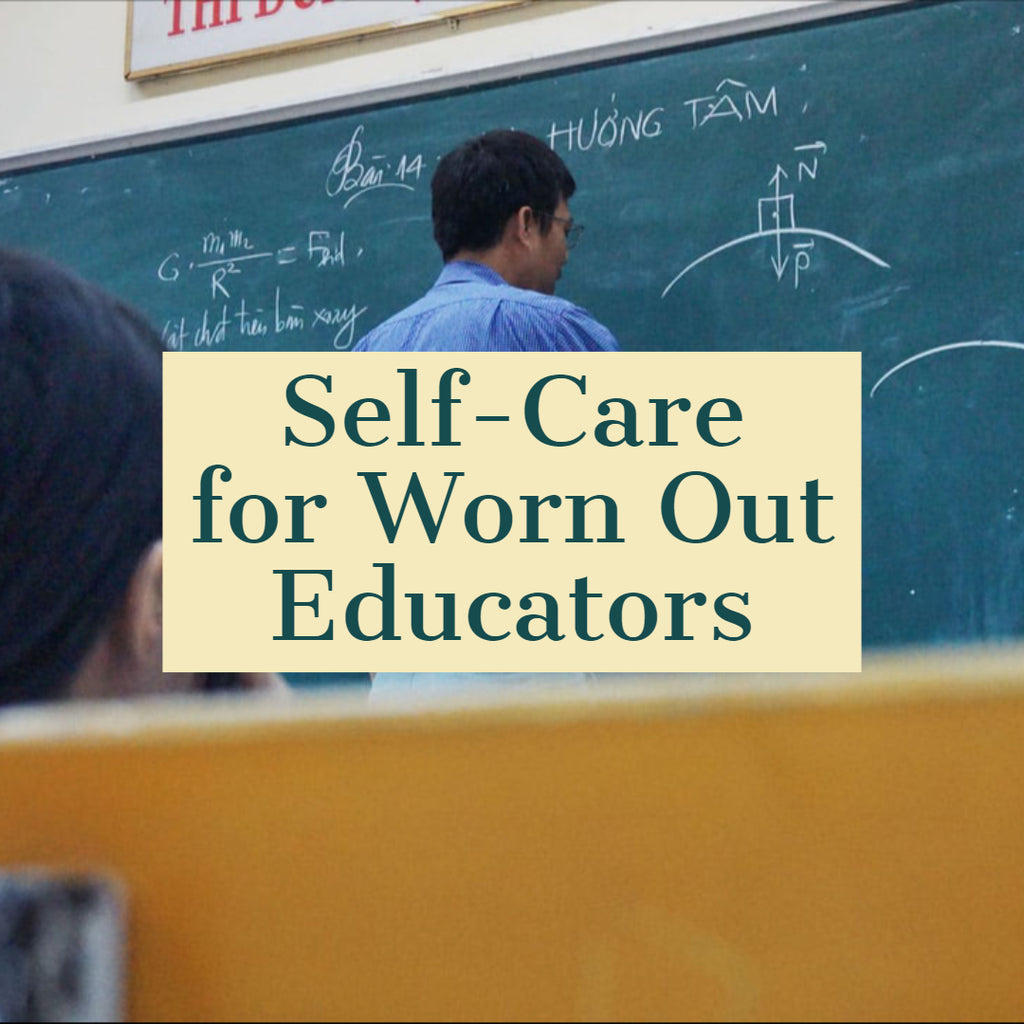
Self-Care for Worn Out Educators
Listen Have you ever noticed that the only movies that are made about us are either movies where the teacher is a terrible human who takes complete advantage of the “easy paycheck” (which we all know is not realistic) or those who have no personal boundaries and are terrible humans...
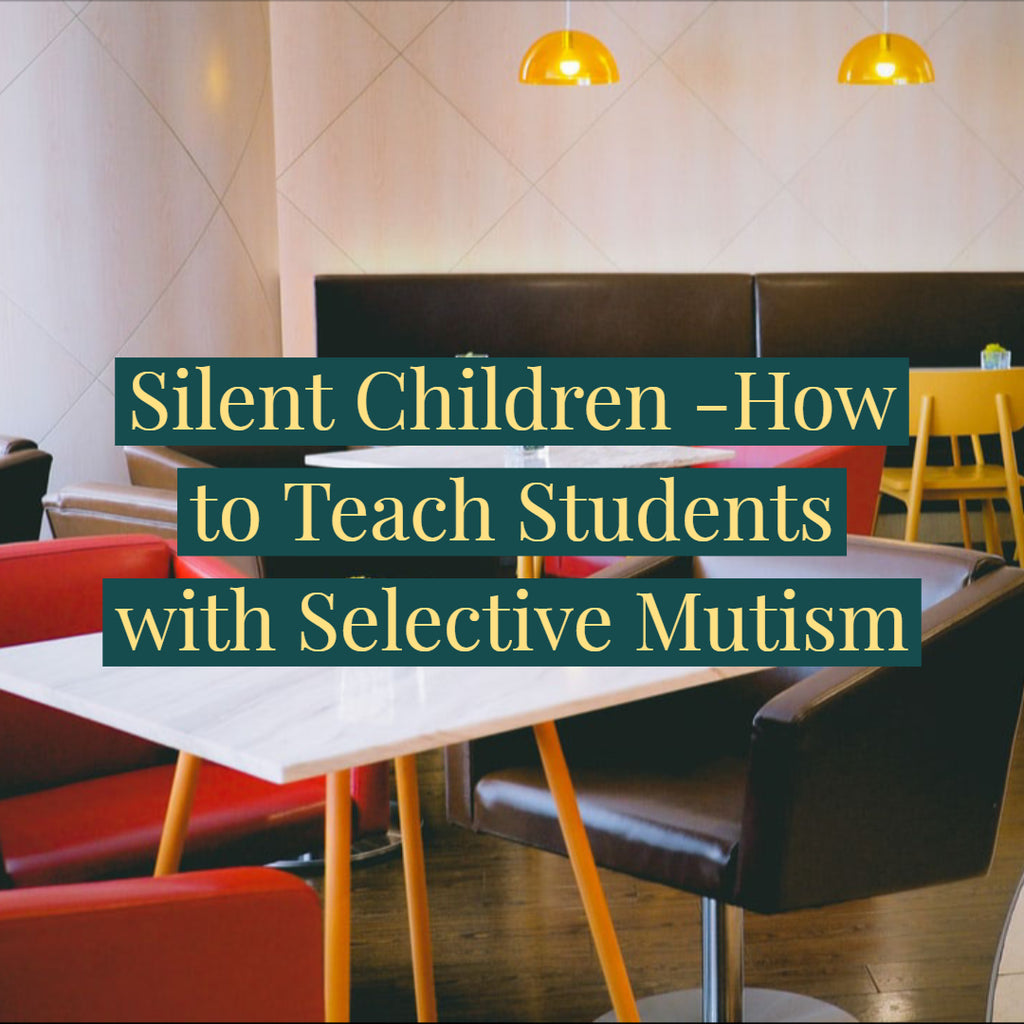
Silent Children -How to Teach Students with Selective Mutism
Listen What is Selective Mutism? Selective Mutism is an anxiety-related disorder, according to the DSM-5 (the Diagnostic and Statistical Manual of Mental Disorders, 5th Edition). Students with this disorder are only able to speak in “select” situations and environments where they are extremely comfortable and to “select” individuals. Selective...
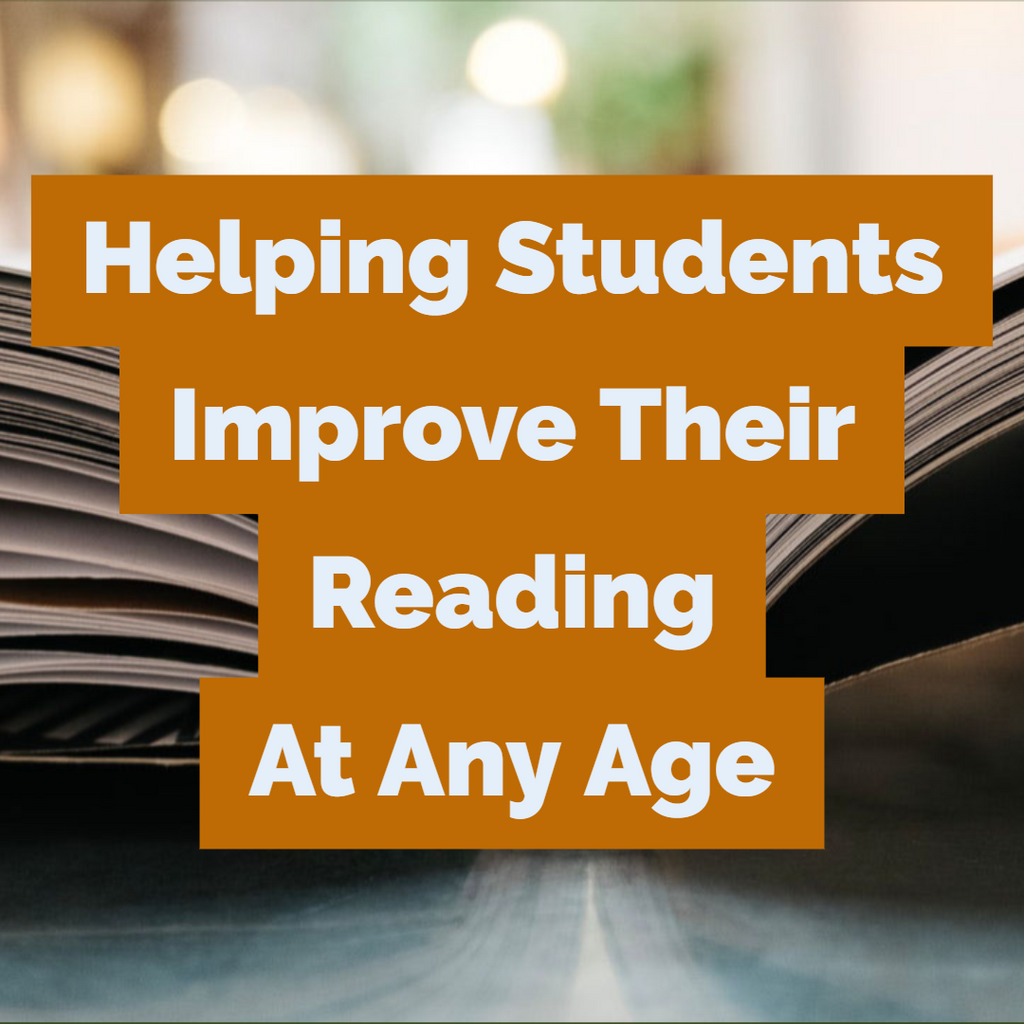
Helping Students Improve Their Reading at Any Age
Listen Read Part 1 of a 4-Part Series Reading is a fundamental skill for any age. If you read well, you can access and understand information on any subject, which can expand your opportunities for learning. Nevertheless, fewer of our students are reading well. In fact, 65% of our students...
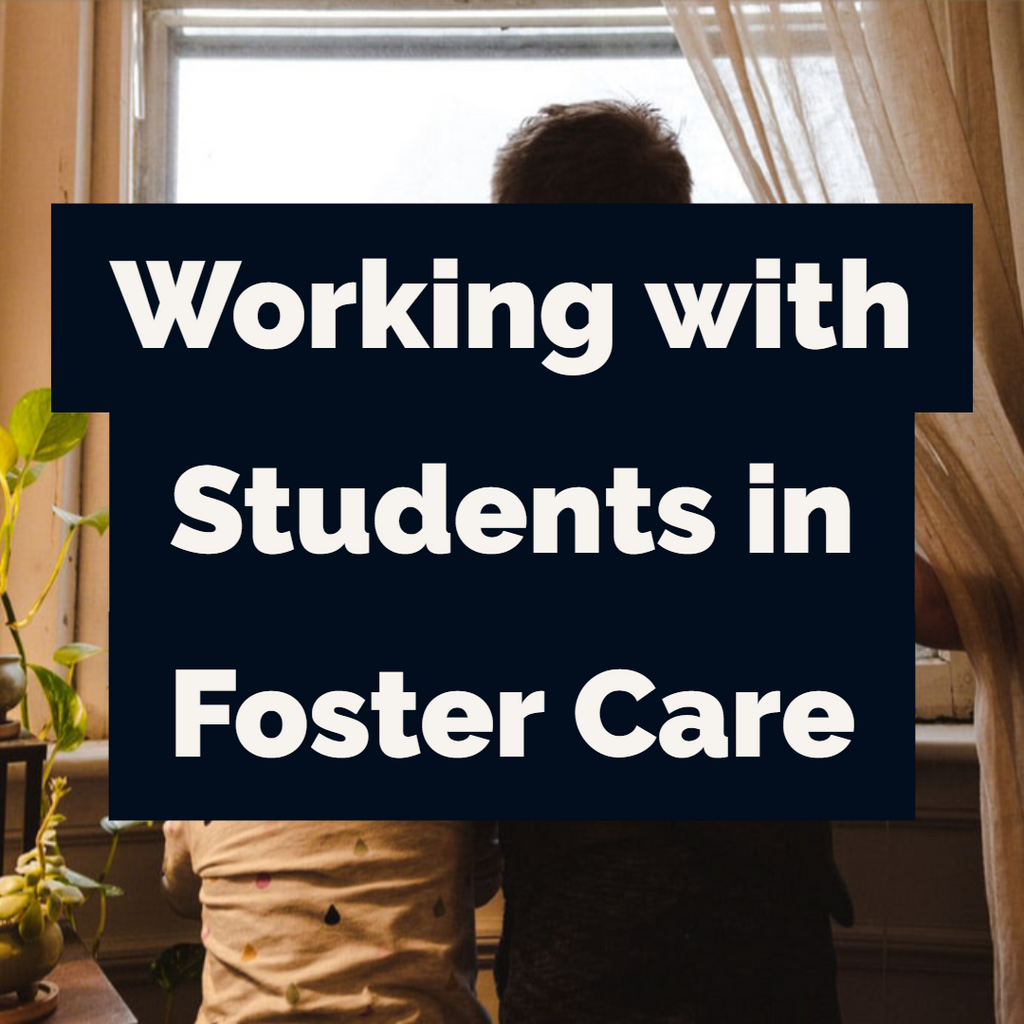
Working With Students in Foster Care
Listen Read Students in the foster care system in the United States may be one of the most misunderstood groups we educate. Educators new to working with fosters may many misconceptions about who foster kids are. Although there are regulations in some states that prohibit you from knowing which of...
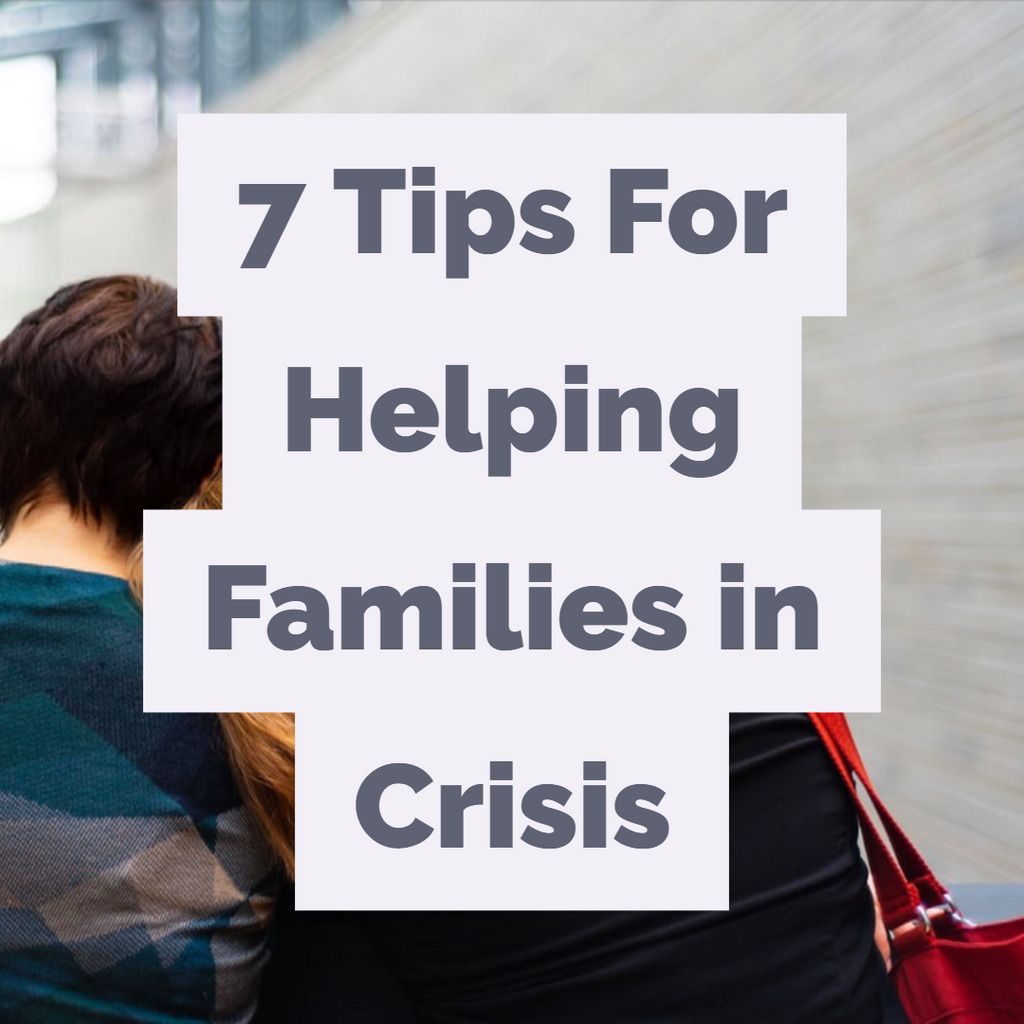
7 Tips For Helping Families in Crisis
Listen Read Everyone experiences a crisis at some point. No one is immune. Whether the person involved in crisis is a student, a staff member, or an administrator, the community is affected and may need to respond swiftly to provide meaningful intervention. Here are a few crises that may affect...
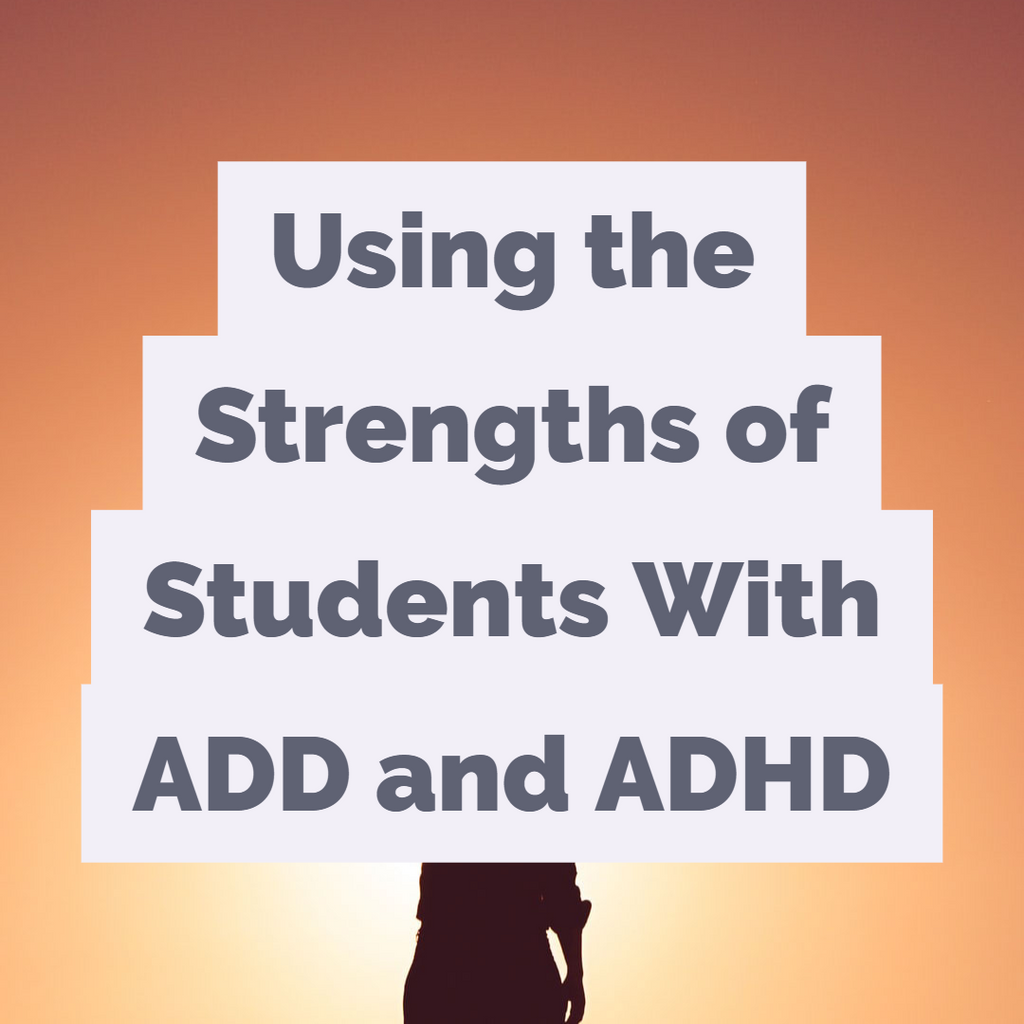
Using the Strengths of Students With ADD and ADHD
Listen Read We talk a lot about the problems associated with things like ADD and ADHD, but there are advantages that accompany any difference our students may face. Sometimes it’s hard to look beyond the challenges, but finding a way to focus on a student’s strengths will help them to...







